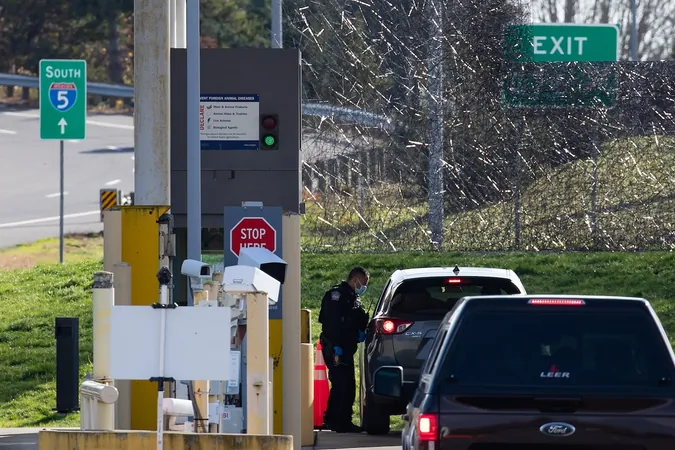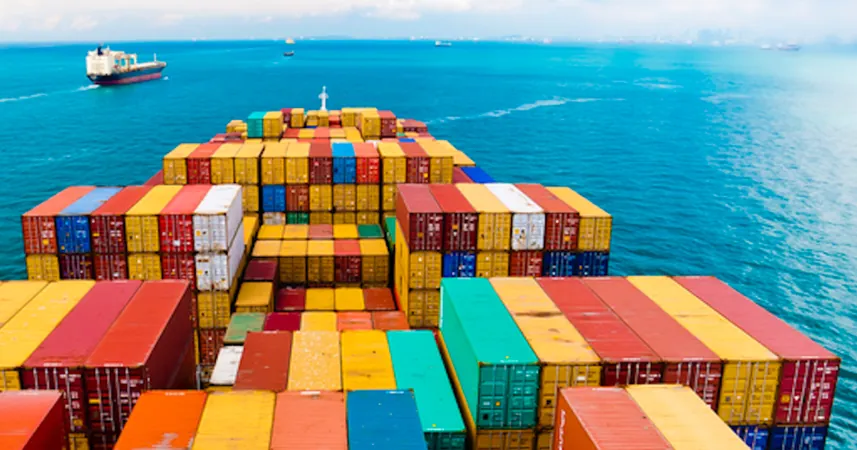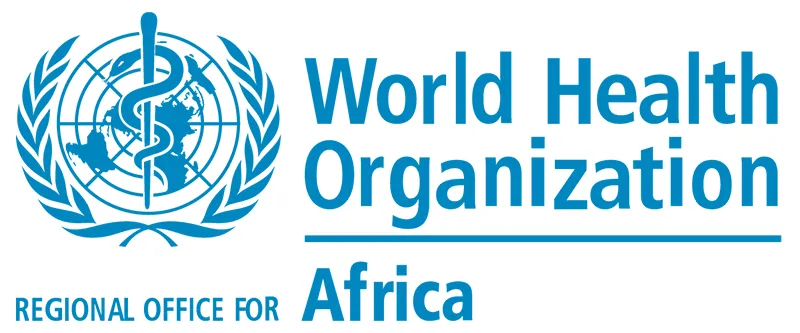
Canadians Working in the U.S. Urged to Avoid Travel Amid Border Crackdown: What You Need to Know!
2025-03-25
Author: Sophie
Canadians Working in the U.S. Urged to Avoid Travel Amid Border Crackdown
U.S. immigration lawyers are raising alarm bells for Canadians working and studying in the United States, advising them to think twice before crossing the border. With rising unpredictability at U.S. border posts following President Donald Trump's aggressive immigration policies, travelers are at significant risk of detention or being denied entry.
In recent months, the Trump administration has introduced a series of sweeping executive orders aimed at what it calls "securing" the American border. This has fostered a climate of apprehension, with many immigration lawyers expressing concern that the administration's rhetoric has encouraged border agents to apply the law with greater severity—impacting even those who hold valid work permits and student visas.
Dyer Harris LLP, a New York-based law firm specializing in immigration matters, recently sent a cautionary email to its clients urging them to abstain from international travel, except in emergencies. The firm emphasized, "The hostile chaos emanating from the White House should make everyone cautious on international travel for the time being." They recommended that travelers maintain daily communication with friends and family to ensure someone is aware of their whereabouts in case of unexpected detention.
Alarmingly, numerous reports of both business travelers and tourists being stopped and held at U.S. entry points have surfaced. In one high-profile case, German national Lucas Sielaff was detained for two weeks after returning to the U.S. from Mexico despite having entered the country on a valid visa. His detention raises questions about the criteria and discretion applied by border control agents.
In another incident, Canadian citizen Jasmine Mooney faced a nightmare when attempting to secure a new TN visa at the San Diego-Tijuana border. Ms. Mooney, previously a holder of a TN visa, was held for 12 days and eventually returned to Canada, facing a five-year ban from U.S. re-entry due to alleged paperwork issues.
Immigration experts underscore a troubling trend: border agents are reportedly scrutinizing an individual’s personal history more rigorously than before. Some lawyers advise clients to prepare for potential searches of their devices, including cell phones, particularly if there is any inkling of dissent against U.S. policies.
As of now, more than 800,000 Canadians make their livelihoods in the U.S. However, the atmosphere of fear has significantly decreased cross-border travel. Recent statistics indicate a dramatic 500,000 drop in travelers crossing from Canada to the U.S. in February alone compared to previous years. The Canadian government has updated its travel advisory to highlight new registration requirements for those staying in the U.S. longer than 30 days.
Legal experts warn that even minor infractions in one's immigration history, once overlooked, could now be grounds for entry denial. Furthermore, there are reports of increased enforcement against individuals politically active in ways contrary to the current administration, leading to fears of further crackdowns.
To navigate these treacherous waters, immigration lawyers like Jim Hacking advise Canadians to limit border crossings in the near future. They highlight the unpredictable nature of U.S. immigration enforcement, where even routine trips could result in unforeseen complications.
Additionally, with rumors of a potential travel ban affecting over 40 countries looming, the situation could worsen for travelers. Those with ties to designated countries could face heightened scrutiny, making it crucial for foreign nationals residing in Canada to stay informed and possibly reconsider their plans for U.S. travel.
For now, the message is clear: Canadians working in the U.S. should proceed with caution and strongly consider postponing international trips until the border policies stabilize. While many are accustomed to the freedom of crossing the border, current conditions necessitate a more vigilant approach to travel.









 Brasil (PT)
Brasil (PT)
 Canada (EN)
Canada (EN)
 Chile (ES)
Chile (ES)
 Česko (CS)
Česko (CS)
 대한민국 (KO)
대한민국 (KO)
 España (ES)
España (ES)
 France (FR)
France (FR)
 Hong Kong (EN)
Hong Kong (EN)
 Italia (IT)
Italia (IT)
 日本 (JA)
日本 (JA)
 Magyarország (HU)
Magyarország (HU)
 Norge (NO)
Norge (NO)
 Polska (PL)
Polska (PL)
 Schweiz (DE)
Schweiz (DE)
 Singapore (EN)
Singapore (EN)
 Sverige (SV)
Sverige (SV)
 Suomi (FI)
Suomi (FI)
 Türkiye (TR)
Türkiye (TR)
 الإمارات العربية المتحدة (AR)
الإمارات العربية المتحدة (AR)